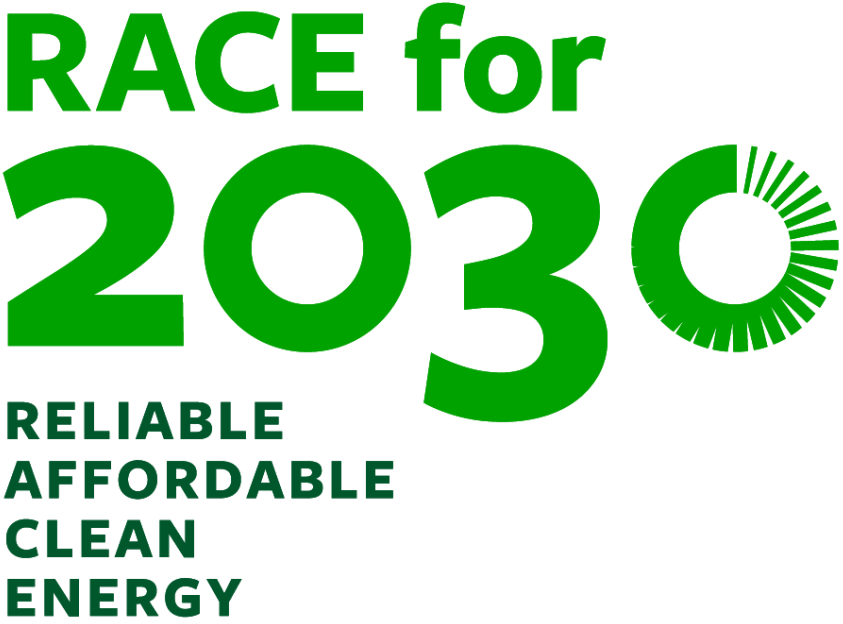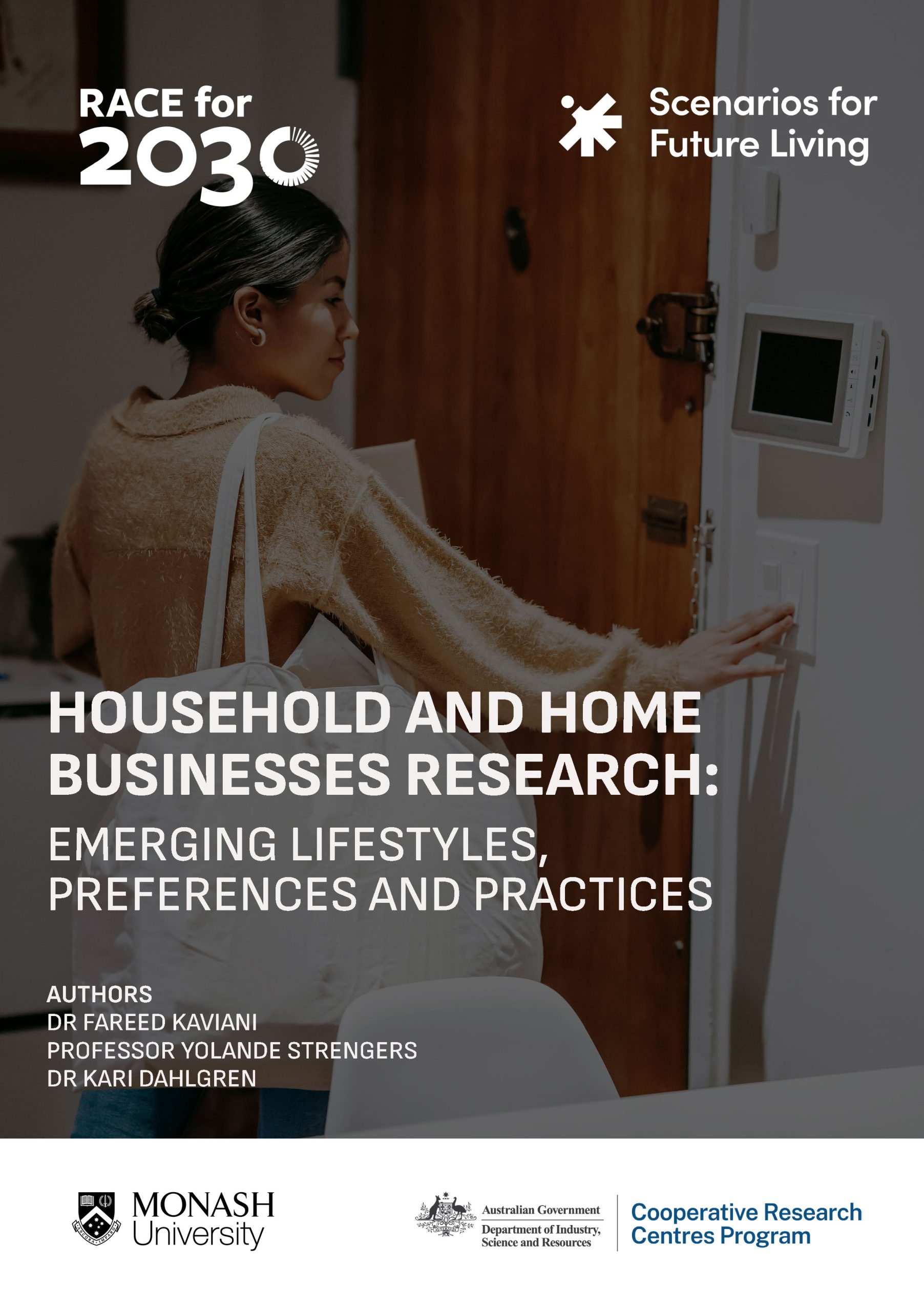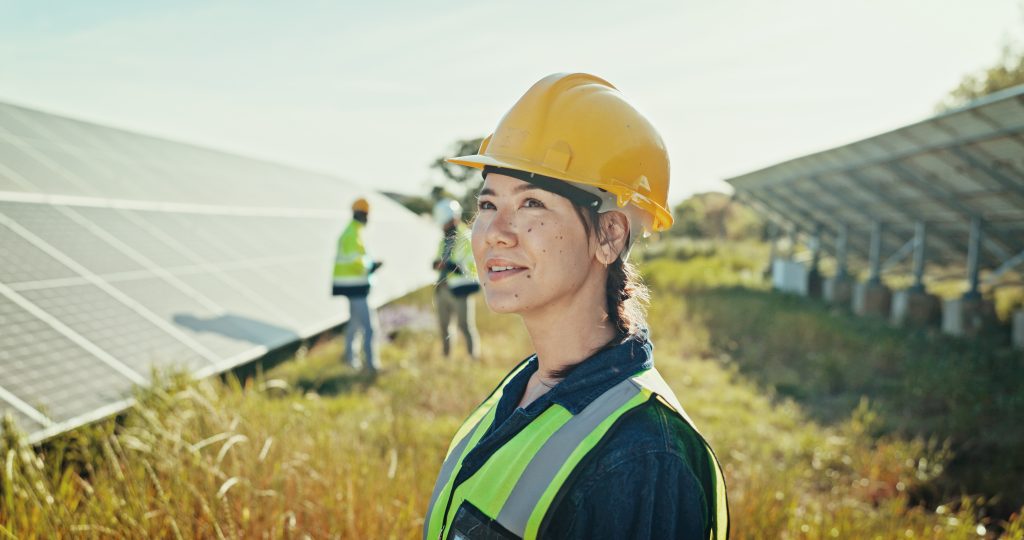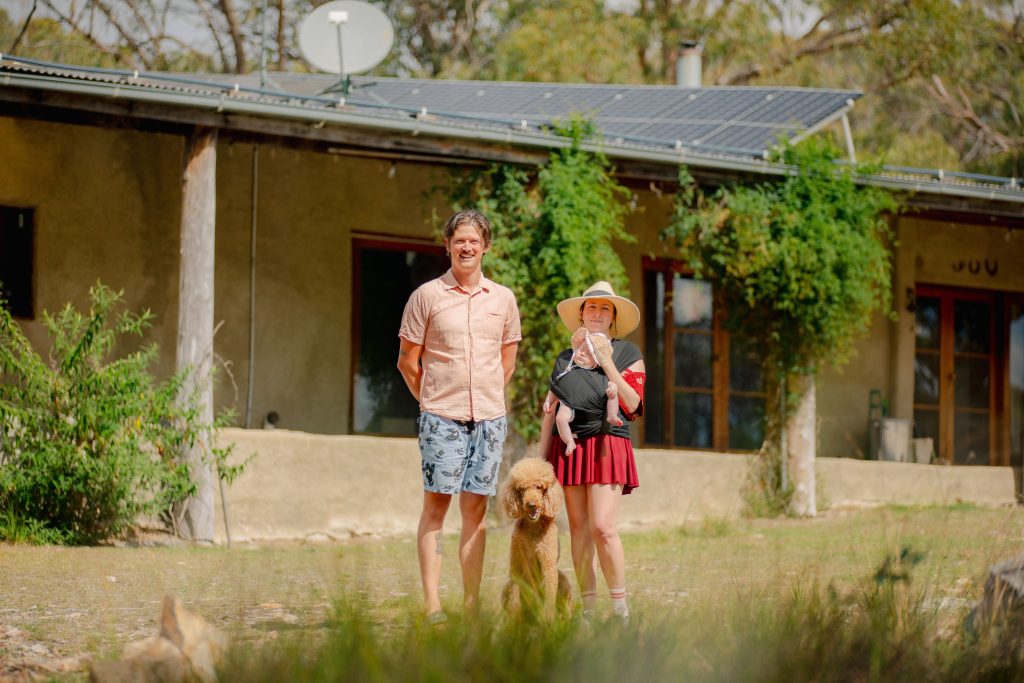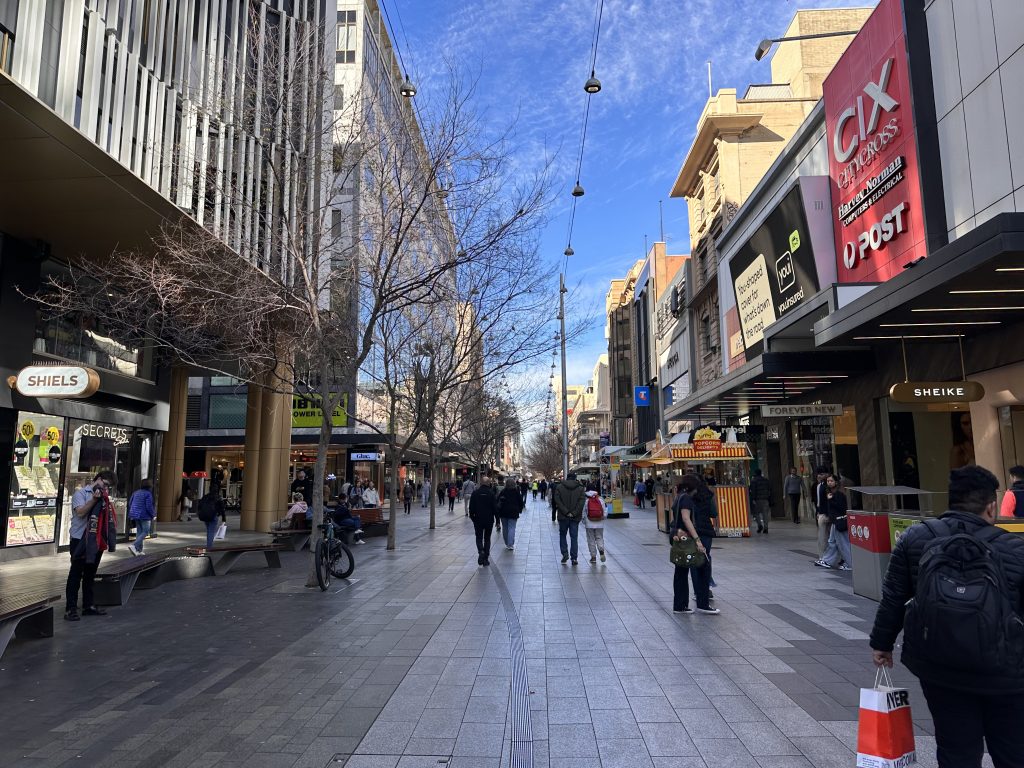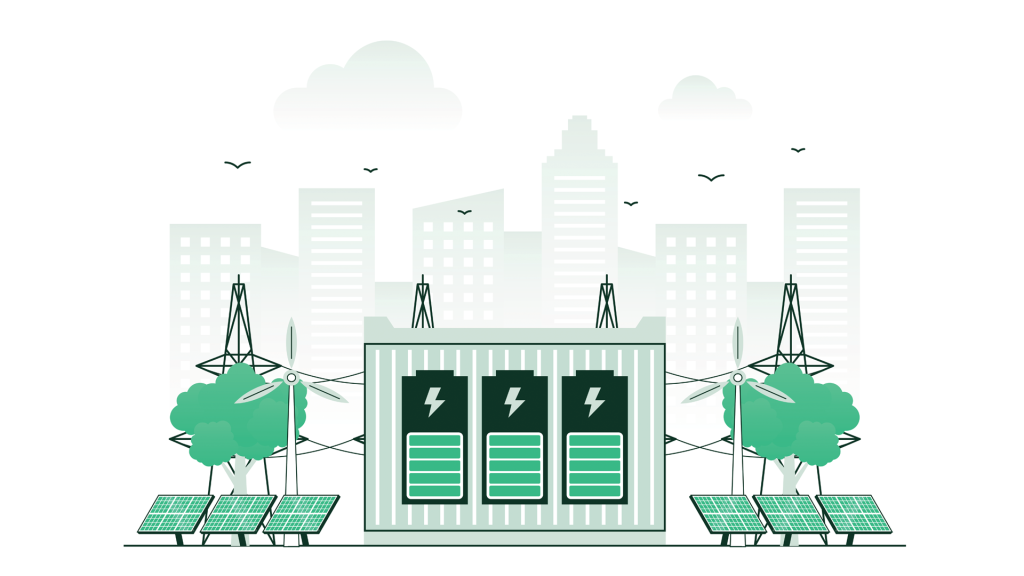Chief Investigators:
Professor Yolande Strengers (Monash University)
Professor Iain MacGill (UNSW)
Purpose of project
This project aims to support better decision-making capacity for the Australian energy sector through scenarios, models, tools, and design innovations that centre people’s everyday lives and expectations alongside emerging technology and energy trends. It will identify the characteristics of successful and innovative products and services tailored towards the needs and expectations of diverse future households and home businesses.
The project will develop an evidence-based energy model with a focus and understanding of social trends. It will gauge future trends of household adoption and usage of Consumer Energy Resources (CER) and emerging technologies. This will inform energy sector planning by understanding how household practices evolve in response to changing circumstances, such as extreme weather events, remote work, and health and safety concerns. The knowledge gained will support forecasting, scenario planning, policy making, and the creation of future-focused products and services.
The Scenarios for Future Living project will incorporate social trends into energy modelling and forecasting by:
- Revising and expanding a range of possible and plausible scenarios developed in previous research that are centred on people’s everyday lives and expectations
- Modelling the scenarios, and developing tools that will help the energy industry understand and prepare for the local and national impacts of the scenario trends
- Designing speculative products and services that help realise or intervene in the scenarios
- Building capacity within the energy industry in new energy planning and preparation practices
Impact of project
The project is expected to shift the energy sector towards a more holistic, realistic and people-centred understanding of energy futures. Specific impacts include:
- More realistic future scenarios that take people’s likely but also changing expectations and practices into account and improve the plausibility of current industry scenarios and forecasts
- Improved forecasting models and tools to help anticipate future trends and scenarios providing practical and implementable outcomes for distributors and other system planners
- More accurate forecasts and scenarios are expected to result in significant cost savings from deferred investment, crisis and risk management expenses resulting from unforeseen circumstances, and unused/unwanted infrastructure
- Better outcomes for energy consumers, including reduced costs of living and integration of technologies that align with people’s expectations and practices
- Products and services that respond to people’s changing expectations and seek to help realise or intervene in plausible scenarios to support the energy transition
- Improved industry-wide capacity to anticipate and plan for uncertain futures during the energy transition
Work packages
This research project will address critical challenges through the project’s seven Work Packages.
- Household and home business qualitative research – Provide an ongoing evidence base on consumer expectations and practices to guide the energy industry and government policy into the future.
- Emerging technology innovation and development – Anticipate and track the potential impact and implications of the technology and innovation priorities, ambitions and investment cycles of businesses and companies pursuing emerging technologies in household and home business contexts.
- Scenario innovation and development – Draw on the evidence base and identified technology trends from WP 1 and 2 to develop and iteratively update the Scenarios for Future Living and associated resources, featuring diverse households and home businesses, and delivering materials which can be integrated into existing electricity sector modelling tools and processes.
- Modelling tools and processes – Develop modelling tools and processes to support decision making that responds to the trends and evidence base underpinning the Scenarios for Future Living (WP 1-3).
- People-centred products and services – Identify opportunities for innovative products and services that help realise a net-zero future to provide societal benefits at least cost, particularly for households and home businesses experiencing future vulnerabilities.
- Australian energy transition forum – Convene a whole-of-system foresighting forum to engage energy stakeholders in improving the quality and imaginative range of industry scenarios relevant to Australia’s residential energy transition.
- Scaling, translating, and sustaining socio-technical knowledge. This work package will use CSIRO’s Smart Energy initiative and National Energy Analysis Centre to extend the scale, impact, and longevity of WP1-6. It will provide additional resources for participant recruitment and engagement, produce complementary social research and a complementary modelling exercise, integrate generated models, data, and software, support communications and stakeholder engagement, and ensure that these developments are incorporated into future NEAC-related work.
For more project insights and access to Scenarios for Future Living publications, please go to:
Digital Energy Futures: Scenarios for Future Living
Please get in touch if you are interested in this project.
Project partners – industry and research
Monash University and UNSW (Lead), Ausgrid, Citipower/Powercor/ United Energy, CSIRO, DEECA, NSW DCCEEW, Red Energy, UTS
Industry Reference Group members
AIRAH, Australian Energy Market Commission, Australian Energy Market Operator, Australian Energy Regulator, Commonwealth DCCEEW, Energesis, Energy Consumers Australia, St Vincent de Paul
Published Report
Status
- In Progress
Project Leaders
- Yolande Strengers, Monash University
- Iain MacGill, UNSW
Partner related projects and articles
- Digital Energy Futures
- Media release: Climate risks deepen energy hardships as Australians’ changing lives reshape transition to renewables, new report finds
- The right incentives for demand management aren’t always financial
- Air you can’t breathe, energy you can’t afford: Climate change is deepening energy hardship
Completion Date
January 2028
Project Code
0666
